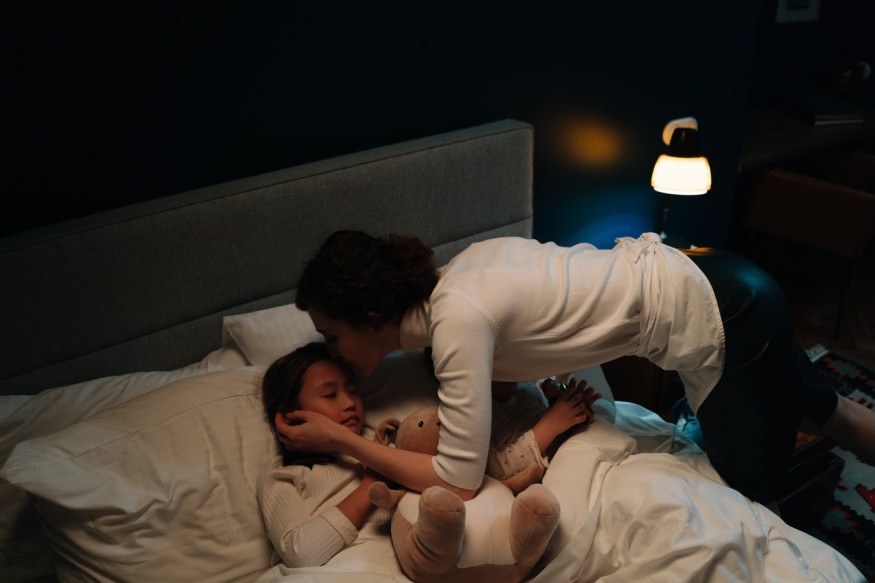Anxiety is a common psychological condition that can affect most of the adult age group in the global population. However, few are aware that the condition could also affect children. The younger population, contrary to popular belief, is also prone to having anxiety. According to the data gathered by the Children's Society, 5 out of 30 children in a single classroom are likely impacted by the dangers of mental issues, including anxiety. It is beneficial for many adults, especially parents, to become knowledgeable about the influence of anxiety that could manifest in any child.
So far, there are initiatives and studies available to treat and battle anxiety in kids. Awareness of the condition could be baffling and challenging for many guardians, but the aids that it could bring to children would be helpful not only today but also for a long-term advantage as they develop further into their adulthood. To begin tackling the anxiety on children, the parents and adults must single out the issues, fears, and threats that the kid is facing. It s important to note that the aspect must be the first to be specified in order to corner what factors appear to be detrimental to their psychological health.
Understanding Anxiety in Children

Legal and General psychology expert Angharad Rudkin said in The Sun report that experiencing anxiety is inevitable in children. The expert added that anxiety is crucial for children to understand who they are and how to make the world become better while they continue to grow and develop. Just a fragment of anxiety and how to resolve its corresponding factors is essential to equip children with effective life skills when they grow old.
Anxiety in children, according to the National Health Service, could show symptoms such as being tearful, wetting the bed, being clingy, having difficulty in sleeping, and dreaming bad nightmares. The symptoms may be irrational for adults, but it is definitive in the creative minds of kids.
The older age group in the children population could also experience a symptom of anxiety through lack of concentration, random outbursts of anger, decrease in confidence, and avoidance of daily activities. The health institute emphasized that if a child has severe anxiety that leads to a point where their mental state already hinders their lifestyles, immediate psychological attention is necessary. Some of the basic cues that show up whenever anxiety arises in children are their eating and sleeping habits being disrupted.
How to Deal with Mental Problems with Kids
Rudkin said in a Legal and General report that there are numerous factors that could trigger anxiety, and some of the common variables are natural disasters, the physical and mental state of their parents, bugs and animals such as dogs, a shift in lifestyle, and separation. Additional factors include their status in school, monsters, and holidays.
Parents and adults must be calm but steadfast whenever they encounter these manifestations in their offspring, and most importantly, each parent should know that they are not alone and helpless in supporting their young ones against anxiety. Having a composed behavior and relaxing appearance is best to create a model for the kids. Also, a tenseless discussion over the matter and preventing to avoid the problem is also a must.
RELATED ARTICLE : Why People Around the Globe Associate the Same Shapes with Words Like "Bouba" and "Kiki"?
Check out more news and information on Psychology in Science Times.











